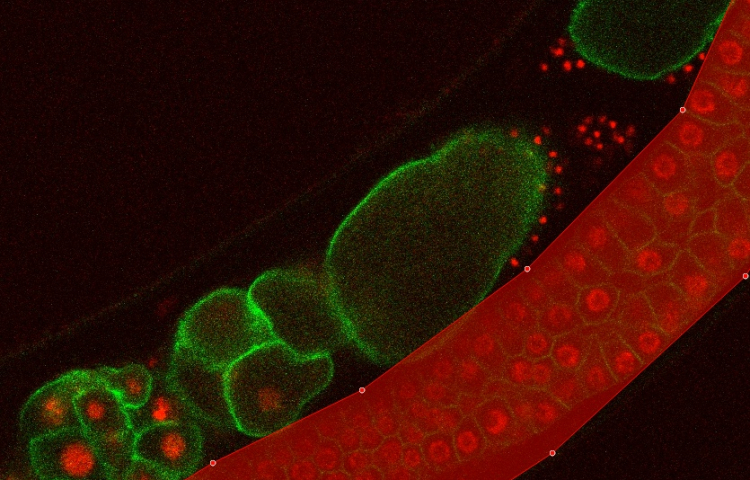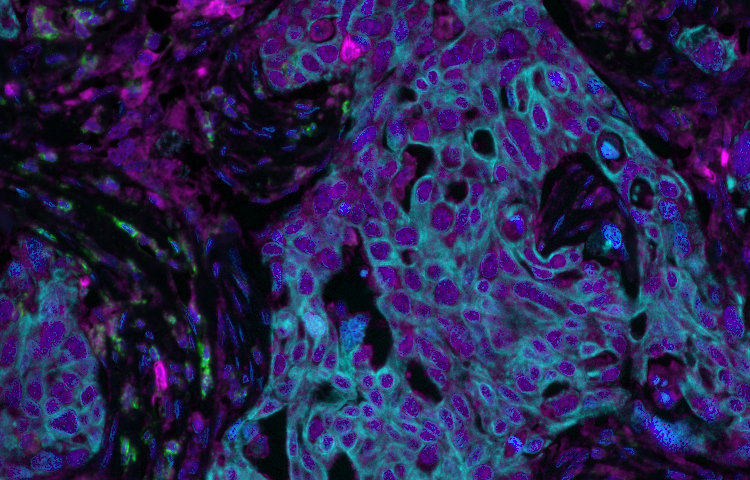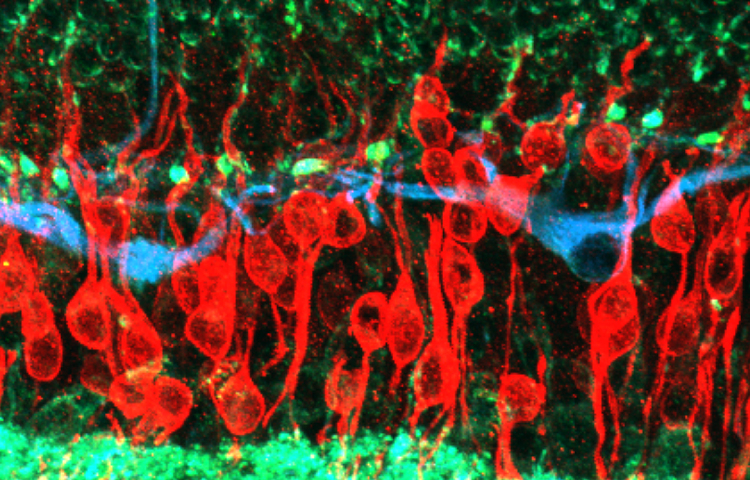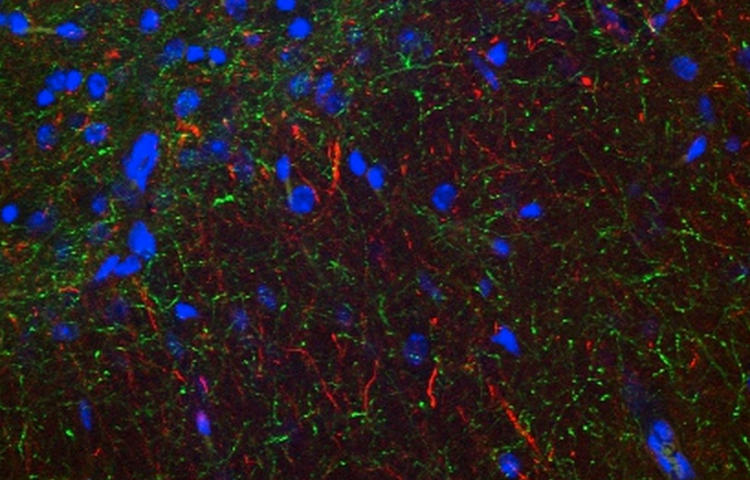The Center for Bio-image Informatics is an interdisciplinary research effort between Biology, Computer Science, Statistics, Multimedia and Engineering. The overarching goal of the center is the advancement of human knowledge of the complex biological processes which occur at both cellular and sub-cellular levels. To achieve this core objective, the center employs and develops cutting edge techniques in the fields of imaging, pattern recognition and data mining.
The center's research is primarily supported by the US National Science Foundation under the following awards:
1) NSF ABI Development Award #1356750, BISQUE - Scalable Image Informatics for Quantitative Biology
2) NSF EAGER Award #1650792: Collaborative 3D Materials Science Research in the Cloud
3) NEW: NSF SSI Award #1664172: LIMPID: Large-Scale Image Processing Infrastructure Development (2017-22)
LIMPID/BisQue+IDEAS Joint Workshop on Scalable Image Informatics and Data Driven Materials Discovery
February 3-5, 2020 - University of California, Santa Barbara
Engineering Sciences Building Room 1001
Workshop Announcement: Following up on the 2018 workshop, we will be hosting a second LIMPID/BisQue workshop on Scalable Image Informatics. This is a joint meeting with the workshop on Applications of Machine Learning and Scalable Image Informatics to Materials Discovery, held as part of the NSF-sponsored IDEAS program on Data-Driven Approaches to Materials Discovery, at the University of California at Santa Barbara.
The three day joint workshop will take place at UCSB from February 3-5, 2020. The workshop will start at 8:00 AM on Monday, February 3rd and adjourn by 5:00 PM on Wednesday, February 5th.
This workshop will bring together researchers from Academia and National Laboratories who are developing or have adopted new experimental methods and measurement tools that provide very large and rich data sets, with early adopters of machine learning as well as leaders in the machine learning community. The main objective of the LIMPID/BisQue workshop is to identify key requirements for scalability and sustainability of software infrastructures to support multimodal data analysis and machine learning in diverse application areas such as life sciences, marine science, materials and health sciences. A key objective of the IDEAS workshop is to connect researchers in the data sciences field with domain researchers to foster a dialogue and establish the state-of-the-art in the application of machine learning to materials discovery related disciplines, and identify (i) the potential impact of, and opportunities for, data sciences in materials, with an emphasis on integrating experimental and computational materials; and (ii) the grand challenges at the intersection of materials discovery and machine learning.
Monday will focus on sustainable software infrastructure for multimodal informatics and machine learning for image applications. Tuesday will address data-driven approaches for advanced materials applications, effectively educating a workforce of data-driven innovators, and high-throughput approaches in computational mechanics. Wednesday will focus on accelerating data-intensive research with a range of applications, and AI and ML for high-dimensional and multi-scale datasets.




